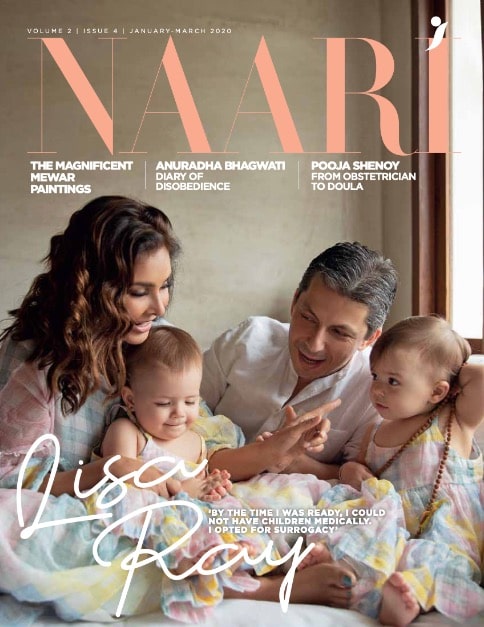Midwives should spark change!
“Care for women in labour and childcare should be of utmost importance for everyone. We should make birthing a valuable and positive part of a mother’s life. During childbirth, mothers are vulnerable. They deserve privacy, respect, and a good birthing experience.” Paula Murphy, a Nurse Midwife, and Educator working in Auroville, has been a midwife for over 30 years. She wants to use her experience to change maternity care in India through the most important things she learned as a midwife: proper observation, education, screening, and informed consent.
Paula was born on Long Island, USA. In 1975 she began her career as a midwife at a birth centre in Santa Cruise, US, when homebirths were an early force of change. After almost ten years of doing home births, she studied Masters in Nursing and Midwifery. After completing her training as a nurse, she worked as a Midwife nurse in the same hospital for the next 20 years. That was when she got interested in waterbirths. She set up a waterbirth programme and an in-hospital birth centre and introduced a fantastic model of pregnancy called Centring Pregnancy. Centring Pregnancy brings pregnant women into groups for prenatal care and postpartum support.
In the year 1971, Paula visited India. Recalling her journey in India, she says, “I stayed in India for a year. It was a different world back then. There were no cars, no television, the western influence was less, and it was just pure old beauty.” The same year, she got invited to see a project by a person from Sri Aurobindo Ashram. That is when Paula got introduced to Auroville. While working in the US, parallelly, she kept working with Auroville as part of an international community.
Years later, when Paula returned to Auroville, she found it stimulating to be in an environment where the country invested in bringing positive educational changes, especially childbirth. However, the situation of Indian hospitals was not impressive. There was no proper care, hygiene, or privacy in maternal wards. Pregnant women had to travel long distances in buses from villages to districts. She felt an immediate need for change in how mothers are treated during childbirth. Luckily today, the scenario is different. In India, there are vast numbers of well-equipped hospitals with specialised doctors. But due to many patients, doctors are overwhelmed by work.
Birthing is a beautiful process in a respectful environment. Including the father intimately in the birthing process is an important aspect that is often ignored. Another essential part of the birthing process is the ‘golden hour’. Golden hour is the first hour after birth when a mother has uninterrupted skin-to-skin contact with her newborn. This practice helps the baby recognise the environment, regulate temperature, breathing, and heart rate, and most importantly, feel a mother’s love. In most cases, these critical aspects of childbirth are absent and ignored. Such interventions can be implemented when professional midwives are the primary caregivers.
Giving birth can be a transformative experience if appropriately supported. Paula believes that mothers have a huge role to play in this process. She says, “Most women are ignorant about the essentials of childbirth. But we can turn it around and can be profoundly deep.” She added, “Midwives have a key role to play. They need to take care of the process and especially the golden hour. Big hospitals in India have well-equipped nursing schools. They should train midwives professionally. When it comes to maternity care, professionally trained midwives should fill the gap between doctors and nurses for better care provision.”










